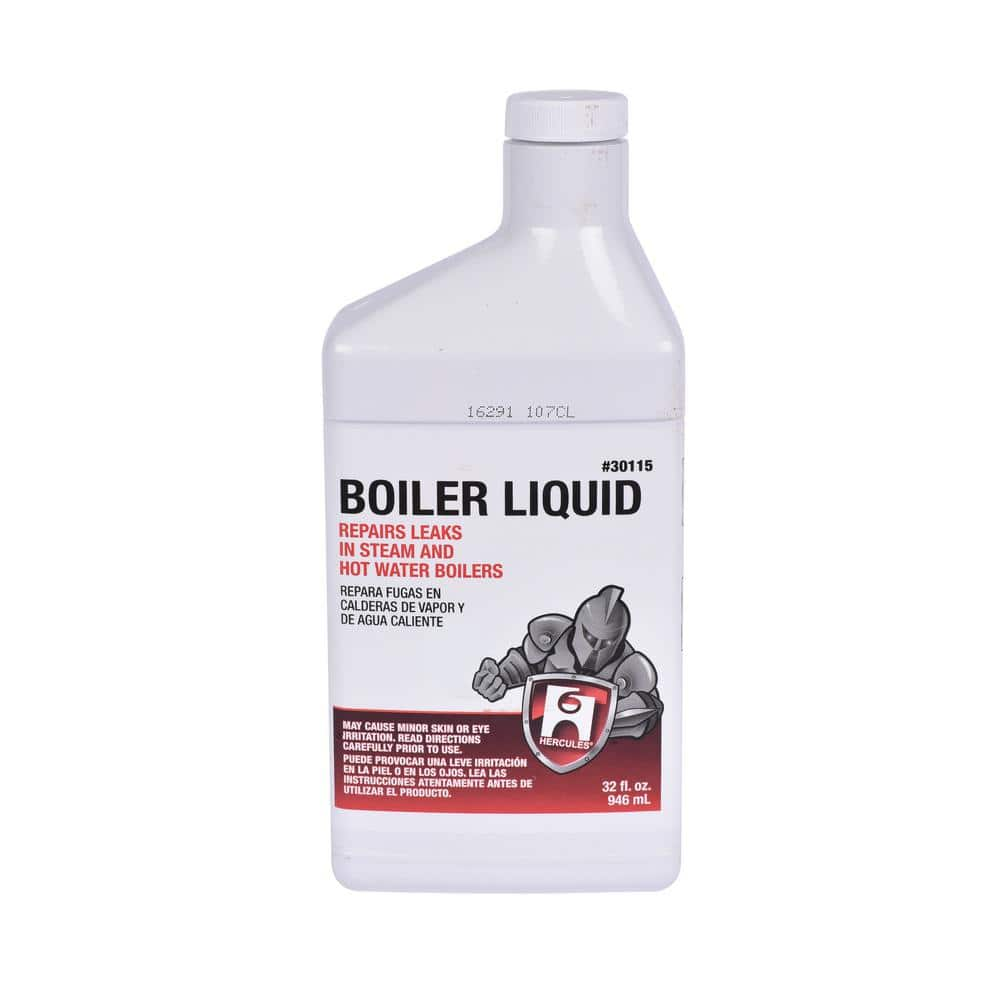Hey all you fellow BITOG DIYers, I'm being original here by burning my first post on a request for help.
I've been lurking in the forums for years, BITOG is definitely my go-to for all my lube/solvent/whatever questions- thank you all for making some real solid technical and professional advise for anyone who asks. I know the Askers and also us Lurkers definitely appreciate you sharing your expertise. I recommend BITOG when I can!
I heard a very distinct hammering noise from my steam heat system in my old house. It's still warm here and the boiler has been off for months, so this sound should not be happening in summer. A trip to the basement showed a boiler which decided to cuss itself at the moment I was home and vigilant (quite lucky, oblivious wife was completely untriggered by such a horrific noise), leaking water all over the dirt basement (dirt mop?). It is definitely cracked at the boiler, not hot water coil. It only took a few minutes to leak down the water in the heating system, I'm amazed at the size of the crack given the thing has been dormant for months.
It's a 1980's Peerless JOT-TW heating about 1100 sq-ft one-pipe system and without any pumps or the like. I have tuned the burner myself, installed new firebox insulation kit, and replaced gaskets and other obvious wear items over the last 7 years or so I've owned the house.
How do I go about finding a replacement? I see the tag with the specifications, Outputs, Inputs, SQ-FT Steam, etc. so I know I can match or beat those, however does a boiler vary by system type? Wet steam? DRY steam? Seriously, DRY steam. I get these things are licensed-technician purchase only, rightfully so. HOWEVER I'm stubborn French-Canadian and I like technical and instructions, worst of all I'm cheap. Obviously I'm looking used and similar capacity. I get these things need draft, I can wire things, tap these size pipes, sweat copper, make ingenious ramps to get this heavy cuss in and the derelict out. I'm not going to carbon monoxide myself either.
Thanks for reading all that. Anyone who'd like to help I'd love to hear from you. All you licensed guys, think of me as an apprentice, take pity.
I've been lurking in the forums for years, BITOG is definitely my go-to for all my lube/solvent/whatever questions- thank you all for making some real solid technical and professional advise for anyone who asks. I know the Askers and also us Lurkers definitely appreciate you sharing your expertise. I recommend BITOG when I can!
I heard a very distinct hammering noise from my steam heat system in my old house. It's still warm here and the boiler has been off for months, so this sound should not be happening in summer. A trip to the basement showed a boiler which decided to cuss itself at the moment I was home and vigilant (quite lucky, oblivious wife was completely untriggered by such a horrific noise), leaking water all over the dirt basement (dirt mop?). It is definitely cracked at the boiler, not hot water coil. It only took a few minutes to leak down the water in the heating system, I'm amazed at the size of the crack given the thing has been dormant for months.
It's a 1980's Peerless JOT-TW heating about 1100 sq-ft one-pipe system and without any pumps or the like. I have tuned the burner myself, installed new firebox insulation kit, and replaced gaskets and other obvious wear items over the last 7 years or so I've owned the house.
How do I go about finding a replacement? I see the tag with the specifications, Outputs, Inputs, SQ-FT Steam, etc. so I know I can match or beat those, however does a boiler vary by system type? Wet steam? DRY steam? Seriously, DRY steam. I get these things are licensed-technician purchase only, rightfully so. HOWEVER I'm stubborn French-Canadian and I like technical and instructions, worst of all I'm cheap. Obviously I'm looking used and similar capacity. I get these things need draft, I can wire things, tap these size pipes, sweat copper, make ingenious ramps to get this heavy cuss in and the derelict out. I'm not going to carbon monoxide myself either.
Thanks for reading all that. Anyone who'd like to help I'd love to hear from you. All you licensed guys, think of me as an apprentice, take pity.


